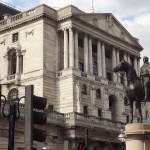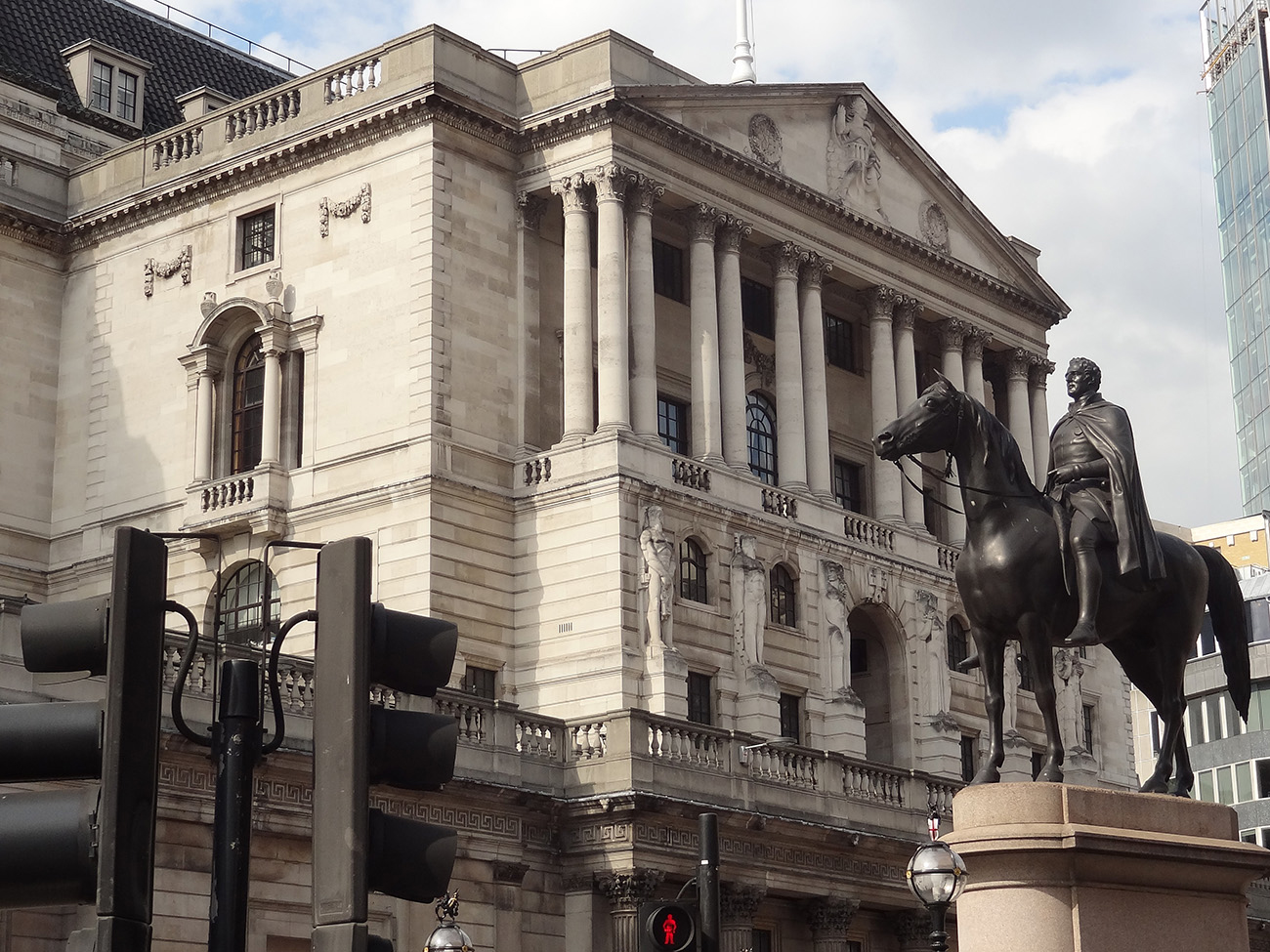 The Bank of England has decided to keep interest rates on hold but warned of a slowdown in the economy next year.
The Bank of England has decided to keep interest rates on hold but warned of a slowdown in the economy next year.
The nine members of the Bank’s Monetary Policy Committee voted unanimously to keep interest rates at the record low of 0.25%.
In the minutes of the meeting, the Bank’s Monetary Policy Committee said it expects inflation to hit 2% in the next six months.
It said that the rising strength of sterling meant that inflation would most likely not rise as quickly as predicted, “though it is still likely to overshoot the target later in 2017 and through 2018”.
However, the Bank said there were “limits” to the extent above-target inflation could be tolerated.
“Those limits depend, for example, on the cause of the inflation overshoot, the extent of second-round effects on domestic costs, the evolution of inflation expectations, and the scale of the shortfall in economic activity below potential,” the minutes said.
The Committe said the economy is expected to grow by 0.4% in the fourth quarter, down from 0.5%.
Output is expected to grow at a moderate pace but will slow next year reflecting uncertainty over the decision to leave the EU.
“Forward-looking components of business surveys are weaker than those regarding current output, however, suggesting that some slowing in activity is in prospect during 2017. The timing and extent of this slowing will depend crucially on the evolution of wages and how resilient household spending is to the pressure on real incomes from higher inflation,” the minutes said.
Howard Archer, chief economist at IHS Global Insight, said the December MPC minutes did little to change the view that interest rates were likely to stay at 0.25% through 2017.
He said: “Indeed, it currently looks more likely than not to us that the Bank of England will be keeping monetary policy unchanged for a prolonged period – maybe out to 2020. We believe the Bank of England will be pretty tolerant on the probable appreciable inflation overshoot given the prolonged, highly uncertain outlook that the UK economy is likely to face as the government negotiates the exit from the EU.
“However, given major uncertainties over the UK economic outlook as Brexit gets underway and develops, nothing can be ruled out. Clearly if the UK economy suffers a major downward lurch during the Brexit process, the Bank of England would likely react by trimming interest rates further, although we do not believe they would go lower than 0.10%.”




